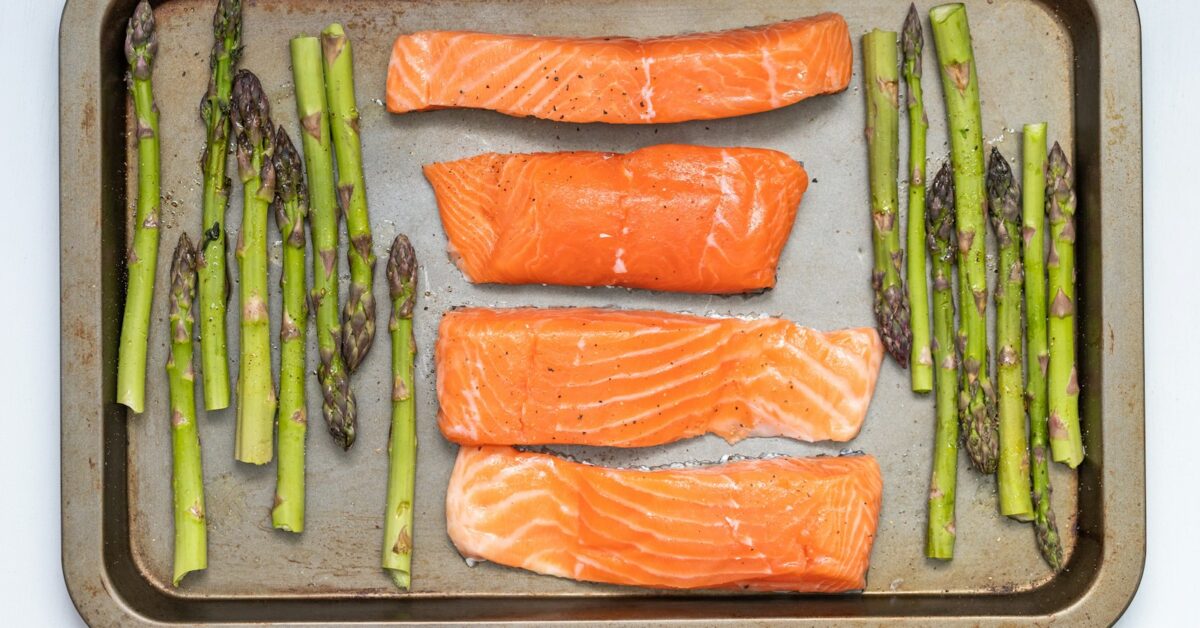What supplements do you need to support a healthy keto lifestyle?
Following a ketogenic diet can be a powerful way to improve your health and achieve weight loss goals. However, like any diet, it’s important to ensure you are getting all the necessary nutrients to support your body’s needs. While a well-formulated ketogenic diet can provide most of the essential nutrients, there are a few supplements that can help fill in any potential gaps and support a healthy keto lifestyle. Let’s explore some of these supplements:
1. Electrolytes
When you transition to a ketogenic diet, your body goes through significant changes, including a shift in electrolyte balance. Electrolytes are minerals that help maintain fluid balance, nerve function, and muscle contractions. Due to the diuretic effect of ketosis, you may experience an increased loss of electrolytes, especially sodium, potassium, and magnesium. Supplementing with electrolytes can help prevent or alleviate symptoms such as fatigue, muscle cramps, and headaches.
- Sodium: Adding extra salt to your meals or consuming bone broth can help replenish sodium levels.
- Potassium: Avocados, leafy greens, and nuts are good sources of potassium. However, if you struggle to meet your daily requirements, consider a potassium supplement.
- Magnesium: Magnesium-rich foods include dark chocolate, nuts, and seeds. If you experience muscle cramps or difficulty sleeping, a magnesium supplement may be beneficial.
2. Omega-3 Fatty Acids
While a ketogenic diet is typically high in fat, it’s important to focus on the quality of fats consumed. Omega-3 fatty acids, specifically EPA and DHA, are essential for brain health, reducing inflammation, and supporting heart health. While fatty fish like salmon and sardines are excellent sources of omega-3s, it can be challenging to consume enough through diet alone. Therefore, a high-quality fish oil or algae-based omega-3 supplement can be beneficial.
3. Vitamin D
Vitamin D is crucial for bone health, immune function, and overall well-being. However, it can be challenging to obtain sufficient vitamin D from food sources alone, especially if you are following a ketogenic diet that restricts certain foods. Additionally, many people have low vitamin D levels due to limited sun exposure. Supplementing with vitamin D can help ensure you meet your daily requirements and support optimal health.
4. Fiber
While a ketogenic diet is low in carbohydrates, it’s still important to consume an adequate amount of fiber to support digestive health and prevent constipation. Incorporating low-carb, high-fiber foods such as chia seeds, flaxseeds, and non-starchy vegetables is essential. However, if you struggle to meet your fiber needs, a fiber supplement like psyllium husk or glucomannan can be helpful.
5. MCT Oil
MCT (medium-chain triglyceride) oil is a popular supplement among those following a ketogenic diet. MCTs are easily converted into ketones, providing a quick source of energy for the body and brain. Adding MCT oil to your diet can help increase ketone levels, enhance mental clarity, and support weight loss efforts. However, it’s important to start with small doses and gradually increase to avoid digestive discomfort.
6. Probiotics
Gut health plays a crucial role in overall well-being, and a ketogenic diet can impact the diversity of gut bacteria. Supplementing with probiotics can help maintain a healthy balance of gut flora, support digestion, and boost the immune system. Look for a high-quality probiotic supplement with a variety of strains to maximize benefits.
While these supplements can be beneficial for supporting a healthy keto lifestyle, it’s important to remember that they should complement a well-formulated ketogenic diet, not replace it. It’s always best to consult with a healthcare professional or registered dietitian before starting any new supplements to ensure they are appropriate for your individual needs.
